Thanks to the robust technology housed within mobile devices today, pharma sales forces can access ever-increasing amounts of customer data and information on the go. This accessibility enables sales reps to tap real-time insights and better manage each stage of communications with physicians – from planning outreach to recording information at speaker programs to reviewing talking points at a physician’s office.
Mobile technology also enables the sales force to report valuable information back to home office commercial teams. Commercial operations teams properly collect and organize this information, feed it back into their data warehouse, and, when integrated correctly, analysts and data scientists can then use it to inform their analytics. These analytics can then be incorporated into the organization’s overall sales and marketing strategy.
Despite the ubiquity of mobile technology today, it is rapidly evolving, which can make it difficult for companies to keep up with and take advantage of all the latest tools and features. As a result, it’s possible some companies may be underusing mobile technology and limiting its benefits for the sales force.
To fully capitalize on the capabilities of today’s mobile devices to enhance commercial efforts, pharma companies need to invest in reporting solutions that are mobile-friendly and robust enough to manage large and diverse amounts of data.
Fortunately, there are many solutions on the market today that fit this bill. We at Beghou Consulting have helped dozens of pharma companies improve their commercial operations by collecting, organizing and delivering customer data with our configurable, cloud-based application platform, Mainsail™. No matter which solution they choose, however, commercial teams at pharma companies must ensure they use a platform’s full suite of mobile features to do the following:
• Collect, organize and enhance data: Apps can help pharma companies securely collect, organize and enhance data and information from not only the sales force, but also its customers and patients. Data from sales reps can help supplement demographics information or fill in gaps of data from incomplete sources. The platform should seamlessly accommodate a “two-way street”: Sales reps need to access commercial insights from home office, and also be able to submit data and information on their customers to the commercial team.
• Call plan on the go: The sales force can enter information from their conversations with physicians into a shared mobile platform and use a calendar to manage appointments. The app can make this data readily available during searches from the device’s home screen. Built-in mapping can help reps optimize their call planning.
• Improve physician interaction: A platform must enable reps to easily access all relevant information about a physician, as well as recommendations from commercial operations leaders about which marketing tactics to deploy. The platform companies choose should allow the sales force to review the latest product fact sheets, clinical reports and research prior to physician meetings. It should be easy for sales reps to pull up these materials on their iPads to present during meetings and email the document to the physician in real-time. When the sales force submits a physician request to headquarters via the platform – such as a question regarding a drug’s side effects or a simple request for more samples – the app should send an auto-confirmation of receipt to the physician’s preferred contact method right away and let him know when to expect a formal response. After the sales rep drops off more samples, the app should also store the physician’s signature on file as confirmation for easy reference.
• Comply with industry regulations: The Sunshine Act requires pharma companies disclose payments or “transfers of value” to physicians and teaching hospitals, including those that take place during speaker programs or luncheons. A mobile attendance sheet can help companies keep a record of physicians who attended an event, as well as any promotional activities and related “transfers of value.”
• Record now, sync later: Mobile apps allow the sales force to access data from anywhere, easily work offline and efficiently record information – especially useful in hospitals with unreliable wireless connections. After sales reps enter information into an app like Mainsail, the next time they connect to the internet, the app will autosync any recorded calls, interactions or changes to the physician’s profile.
As mobile technology advances, pharma companies need to work to understand the newest features and capabilities. They must also ensure their reporting solutions integrate well with mobile technology and equip the sales force and home office commercial team with the data and information they need to drive sales results.
Authors
- CHRIS BERG
- Chris Berg is a partner at Beghou Consulting and is based in the firm’s Evanston office.

- DAN CARDINAL
- Dan Cardinal is an associate partner at Beghou Consulting and is based in the firm’s Evanston office.

- JASON KEGLOVITZ
- Jason Keglovitz is a manager at Beghou Consulting and is based in the firm’s Evanston office.


